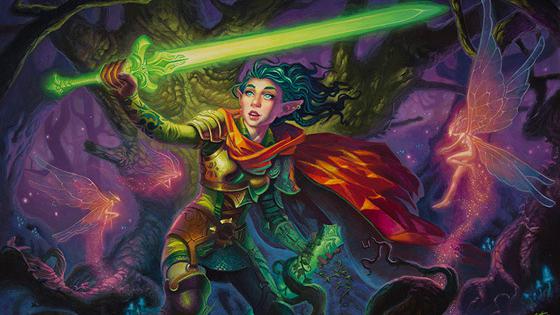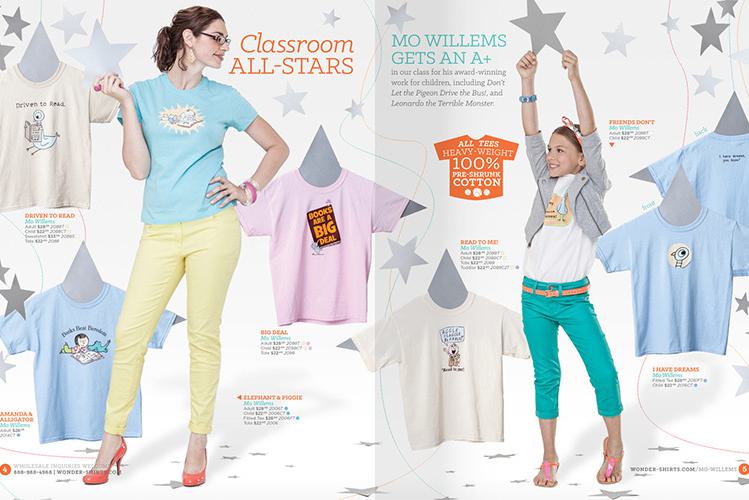
The ink had barely dried on their diplomas when Wes Talbott (Illustration, 2013) and Lillie Talbott (Graphic Design, 2013) upped and moved to Billund, Denmark, where Wes had been offered a position with childhood toy favorite LEGO Group.
Below, Wes, a Johnstown, Ohio, native, and Lillie, a native of Wadesboro, North Carolina, discuss their schooling and how lessons learned at Columbus College of Art & Design continue to resonate today.
What elements of or lessons from your CCAD education do you find yourself tapping into as a professional now?

Wes: All the rules about color and composition easily translate into model design. I think of my models as 3D illustrations. There is always a story I'm trying to tell the kid who receives the play set that hopefully inspires them to play with it the way I designed it to be played with, but they can also tell their own stories with the model or use the bricks to make a whole new story of their own design, the way I did when I was their age.
I also really value the skill of critiquing and receiving critiques that CCAD instilled in me. It can be a very tricky subject, especially when working with people of different cultures and nationalities. It's an area that I feel I am still learning every day how to act more professionally with my team and others around me, I think CCAD established a good foundation for that in the classroom critiques.
Lillie: My job means that I work in a balance between research and creating concepts — a combination that I love. I graduated with a major in Advertising & Graphic Design because of their focus on the consumer. In my senior year, I found myself in an odd place between research, brand strategy, and design. I really stopped caring about the final polish of my ad projects and wanted to focus on digging out insights and crafting the brand message and strategy. Thankfully, my professors recognized this as relevant (before I did) and allowed me to focus more on these aspects. Jim Lutz, Matthew Mohr, and Marcia Tabler were fantastic in encouraging me to follow this passion and helping me craft my portfolio in this direction.
I was surprised to learn that there were positions open for people who wanted to do research and design and didn't need them to spend hours polishing the final product. Early concept development was the perfect match!
Even when the work is more process-focused than final output, a high level of craftsmanship is needed. I draw, paint, exercise color theory, build in 3D (models), rapid prototype, layout, and do whatever else is needed in that moment. When you work quickly, often on multiple concepts or projects, you need to be able to execute an idea and communicate efficiently. I tremendously appreciate how CCAD made us try a bit of everything and encouraged us to experiment. We were taught to say, "Yes, I'll try my best," instead of "No, I can't," and I do that on a daily basis.

What advice would you give to current CCAD students who aspire to do what you’re doing?
Wes: You don't have to major in anything specific in order to be a LEGO Group designer. There are product designers, car designers, interior designers, fashion designers, concept artists, engineers, history teachers, etc. that all do the same thing I do. what's important is that you pay attention to the basics of color, shape and composition, the roots of design. Even if you struggle in that department if you learn how to work as a team with others and foster your creativity and your ability to share your stories and your viewpoints in both words and images, then you could get a job as a LEGO designer. Lastly, If you love LEGO building and you want to work at the LEGO Group, play with LEGO bricks! Build your own stuff without instructions, try building your ideas instead of just drawing them, embrace LEGO bricks as an art medium, and then take really nice pictures and put all that stuff in your portfolio.
Lillie: Don't be afraid to go a little off-curriculum. If you feel passionate about something that you feel deviates a bit from your major or the options that are presented to you, go find new ones. Be open with your professors about it. Don't just go off-assignment. Talk with them about how to make the assignment fit what you need. They want to see you succeed and will be willing to help you find your niche. Success for me wasn't a job in a top-tier ad agency. I didn't know what I wanted to do at the time, but I'm so glad I had the support of the faculty in trying to figure it out along the way. However, learn the difference between a brief and tweaking an assignment. It's just as valuable to do what you don't like a few times. It will help you figure out what you love even faster.
Learn more about CCAD or apply here.
